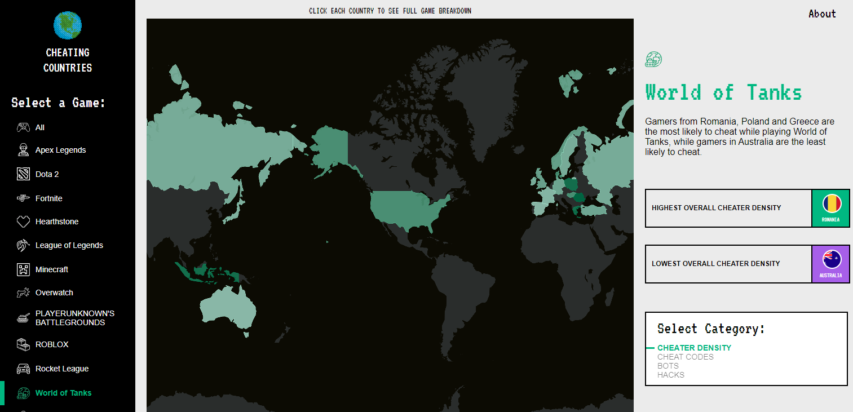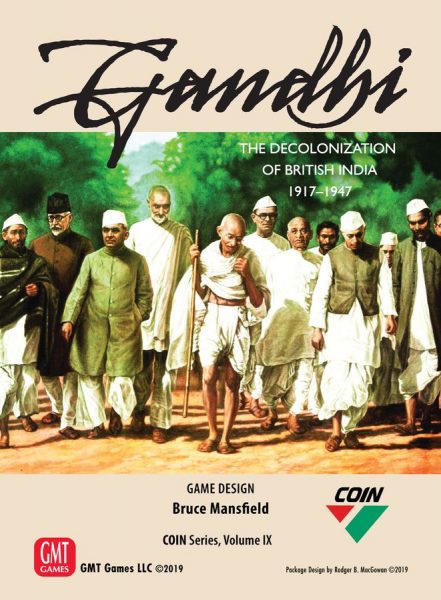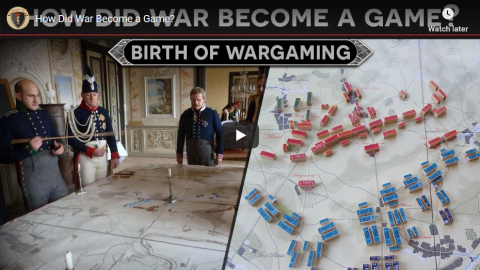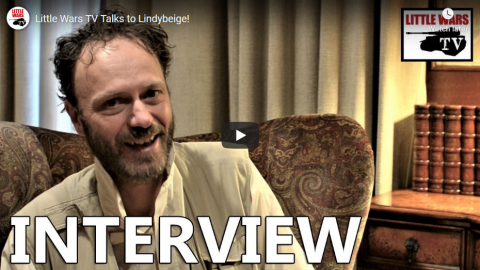This is another reader book review for Scott Alexander’s Astral Codex Ten, looking at Addiction by Design: Machine Gambling in Las Vegas by Natasha Dow Schüll. I’m incredibly risk-averse, so I’ve never even set foot in a casino, but from this review I do not regret my aversion one tiny little bit:

“Hiking the Las Vegas casinos” by davduf is licensed under CC BY-ND 2.0
Sometimes employees at Netflix think, “Oh my god, we’re competing with FX, HBO, or Amazon” … [W]e actually compete with sleep.
Reed Hastings
Randomness is addictive, in rats. B. F. Skinner learned that when he created his eponymous rat boxes. The boxes had levers that, when pressed, dispensed food pellets. Rats in boxes where one press resulted in one pellet pressed the lever when hungry. But rats in boxes where one press randomly resulted in no, one, or many pellets, became addicted to pressing the lever. That mammalian attraction to randomness lies at the heart of all gambling.
But machine gambling is not like other kinds of gambling. The book overflows with metaphors straining to describe how machine gambling is the supercharged version of table games like poker, blackjack, and roulette. Machine gambling is deforestation ruining the rainforest of diverse table games. Machines are invasive kudzu outcompeting and killing the native table games. Machine gambling is the crack cocaine to table games’ cocaine.
In about two decades, machine gambling went from being a side attraction to keep wives busy while their husbands played table games to the source of 85% of casino profits. You know how shopping malls have benches for husbands to sit on while their wives shop in stores? Imagine that those benches became the mall. (If you’re reading this in 2025, shopping malls were, uh, a collection of permanent pop-up stores under the same roof.)
The first time I went to Vegas, I knew a few tricks casinos would use to encourage me to gamble too much. I knew the hotel rooms were purposefully cheap, to entice me to visit Vegas. I knew casinos would have neither windows nor clocks, to help me lose my sense of time. I knew they would be full of bright lights and loud sounds, to overstimulate me. I knew nothing. Those tricks are old hat, as quaint as doilies. Machine gambling is a brave new world.
Machine gambling comes in the form of many games, but one example is enough to illustrate the pattern, so let’s discuss slot machines. Slot machines are games with reels with a variety of symbols on them, like cherries, diamonds, or the number 7. (Fun fact: fruit symbols were initially used on slot machines during the prohibition era to disguise them as gum vending machines.) The game is simple. The player spins the reels. If they land to show symbols in a row, the player wins. Because of their simplicity, these machines are favored by new gamblers and tourists.
Back when Moore’s Law was just Moore’s Prediction, slot machines were mechanical devices. The player would pull on a mechanical lever, which caused reels to spin. The reels would eventually slow down and then stop. The symbols in the middle of the screen when the reels stopped dictated whether the player won or lost.
Now, slot machines are digital. The lever, the reels, the symbols — they are all ones and zeros untethered from reality. This gives machine designers a terrifying amount of flexibility. They can optimize the game to maximize its addictivity.

















